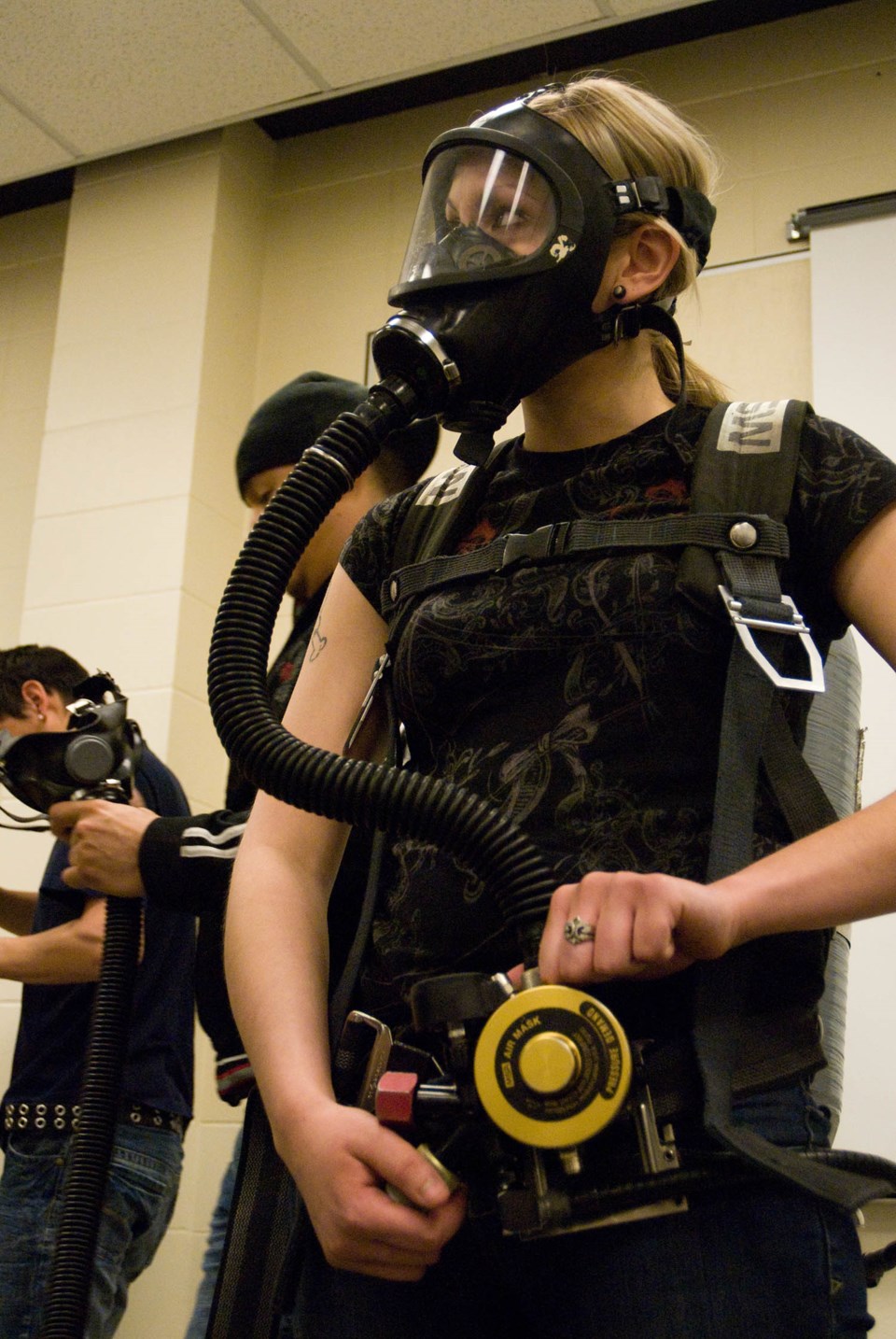Calgary, Weyburn – While a series of stories published in early October in the Toronto Star, Global Newsand National Observer highlighted safety issues surrounding hydrogen sulphide (H2S), or sour gas, none of the stories explicitly stated that all who work in the field in the oilpatch must have H2S Alive training, which is provided by the organization formally known as Enform.
After merging this past month with the Oilsands Safety Association, the organization is now known as Energy Safety Canada (ESC). Murray Elliott, president of Energy Safety Canada, responded to our inquiries via email on Oct. 20, stating, “Safety is a constant in our industry. There is nothing more important than the safety of our workers and the public. The oil and gas industry in Canada has never been safer than it is today and is working hard towards a target of zero injuries and incidents. In the last 15 years, the upstream oil and gas industry in Saskatchewan has made significant improvements in safe work performance. The provincial lost-time claim rate in our sector, based on Energy Safety Canada’s Saskatchewan funding industry codes, has declined by two thirds – 67 per centbetween 2002 and 2017 Q2.”
He went on, “The dangers of hydrogen sulphide are well-known in industry and there are measures in place to protect workers and ensure safe operations in communities. A valid H2S safety training certificate is an established condition of employmentfor most oil and gas companies.”
Bob Ross, manager for Energy Safety Canada in Saskatchewan, based in Weyburn said via email, “There has been a consistent and consecutive reduction in Saskatchewan Workers’ Compensation Board premium rates for the Saskatchewan oil and gas funding industry codes, particularly in operation of oil wells (D32) which has decreased by 32 per cent. The 32 per cent is the largest reduction within all industries in Saskatchewan.”
ESC noted their H2S Alive program is the most widely recognized safety training program for hydrogen sulphide safety. Since 2007, more than 1 million workers across Canada have taken H2S Alive training. Since 2012, over 82,000 certificates have been issued to workers residing in Saskatchewan.
See related stories:



